Content
Free Mental Health Assessment
Effexor® (Venlafaxine) Dosage Guide

Feeling a bit overwhelmed after getting a prescription for the antidepressant venlafaxine (also known by the brand names Effexor® and Effexor XR®)? We’ve created this handy guide to help you navigate Effexor dosages.
Effexor and Effexor XR come in various dosages, typically ranging from 37.5 milligrams (mg) to 225 mg daily. Most people start with 37.5mg daily, which is usually increased to 75 mg after a few days. The maximum FDA-approved dose is 225 mg.
Your Effexor dosage may depend on whether you’re taking it for a depressive disorder, anxiety disorder, or other mental health condition.
Below, we list out typical Effexor, Effexor XR, and generic venlafaxine dosages for different health conditions. We also cover some need-to-know information about venlafaxine side effects and interactions.
Content
What Is Effexor?
Venlafaxine hydrochloride, is an FDA-approved antidepressant. Effexor belongs to the drug class known as serotonin-norepinephrine reuptake inhibitors (SNRIs).
Effexor and Effexor XR are FDA-approved to treat:
Major depressive disorder (MDD)
Panic disorder
Some healthcare providers may also prescribe Effexor or Effexor XR to treat:
Hot flashes
Migraines
Post-traumatic stress disorder (PTSD)
Fibromyalgia
Premenstrual dysphoric disorder (PMDD)
Several forms of pain
Like other SNRI antidepressants, Effexor boosts the activity of serotonin and norepinephrine, helping to improve your mood.
These chemicals, called neurotransmitters, help regulate your mood, thoughts and behavior.
Here’s a breakdown of how each neurotransmitter influences your well-being:
Serotonin regulates feelings like happiness and anxiety. It also influences your sleep-wake cycle.
Norepinephrine helps keep your sleep-wake cycle in check. It also plays a role in managing stress, mood, and focus.
There’s a link between low activity levels of these two neurotransmitters and a higher risk of depression, anxiety, and OCD — especially serotonin.
Effexor Dosages
Your Effexor dosage depends on your unique biology. For reasons that are not understood, some people need a higher dosage, while others do fine on a lower one.
In general, most healthcare professionals start people off with a dosage of 37.5 mg per day. After a few days, they usually increase your daily dosage to 75 mg. If this dosage is not effective, higher dosages can be tried. It’s worth noting that at lower dosages, Effexor only boosts the activity of serotonin. You have to go all the way up to the maximum FDA-approved dose of 225 mg in order to influence both serotonin and norepinephrine. For anxiety and depression, targeting serotonin with lower dosages is usually fine. But when treating pain, the 225 mg dosage is needed.
Effexor and Effexor XR Dosage Chart
Here’s a chart of typical Effexor dosages by condition:
Condition | Immediate release daily dosage | Extended release daily dosage |
|---|---|---|
Depression | 37.5 mg to 225 mg | 37.5 mg to 225 mg |
Generalized anxiety disorder (GAD) | Not typically used | 37.5 mg to 225 mg |
Social anxiety disorder | Not typically used | 37.5 mg to 75 mg |
Panic disorder | Not typically used | 37.5 mg to 225 mg |
Neuropathic pain | 75 mg to 225 mg | 75 mg to 225 mg |
This Effexor dosage chart above is here to help you understand potential venlafaxine doses. But it’s not a green light to adjust your dose on your own. Always follow your healthcare provider’s advice.
Effexor Side Effects & Interactions
Effexor and Effexor XR are generally safe and effective. But like any other medication, they can cause side effects and may interact with other drugs.
Side Effects
Common side effects of Effexor, Effexor XR and generic venlafaxine include:
Nausea
Sleepiness
Sweating
Dry mouth
Constipation
Loss of appetite
Weight loss
Trouble sleeping
Minor elevations in blood pressure
Make sure to let your healthcare provider know if you experience side effects that are severe or don’t seem to go away.
Rare side effects of Effexor include:
Allergic reactions
Potentially harmful elevations in blood pressure
Vision issues like worsening of angle closure glaucoma
Mania or hypomania in people with bipolar disorder
Additionally, if you take too much venlafaxine, you could risk developing serotonin syndrome, a serious and potentially life-threatening condition. Sticking to your prescribed dosage can help limit your chances of side effects.
Important note: Extended-release venlafaxine comes with a boxed warning for an increased risk of suicidal thoughts and behaviors in children and young adults up to age 24.
What's a boxed warning? It’s the FDA’s way of saying: Pay close attention.
Experiencing suicidal thoughts or ideation? Reach out to a healthcare professional ASAP. They can tweak your dosage or find another solution.
Drug and Health Condition Interactions
Like other antidepressant drugs, Effexor and generic venlafaxine may interact with other medications. Sometimes these interactions can be managed. At other times, the combination can’t be used under any circumstances.
Common venlafaxine drug interactions include:
Monoamine oxidase inhibitors (MAOIs)
Linezolid
Methylene blue
Tramadol
Warfarin
Tryptophan
Amphetamines
Lithium
Effexor can also interact with certain supplements and herbs, like St John’s wort.
It’s important to be open with your healthcare provider about your medical history and everything you’re taking, including medications and supplements.
If you think you might be pregnant, let your provider know right away. While some sources claim Effexor is safe during pregnancy and breastfeeding, others recommend switching to a known pregnancy-safe antidepressant.
Effexor has been linked to high blood pressure in pregnancy, which can increase the risk of a serious condition called preeclampsia.
Our guide to antidepressant side effects goes into more detail about potential side effects and interactions that can occur with Effexor and similar medications used in treating depressed patients.
How to Use Effexor
Effexor is a convenient and easy-to-use medication. For the best results and safe use, follow these tips:
Take it as directed. Your healthcare provider will decide on a dose that’s right for you. Make sure to follow the instructions that come with your prescription. Not sure if you understand correctly? Ask your doctor or pharmacist to clarify.
Take your dose of Effexor XR once daily. You only need to take extended-release capsules once a day, either in the morning or evening, with food.
Don’t double dose. If you forget to take your Effexor, take it ASAP. But if it’s almost time for your next dose, skip the missed dose and take your next dose at the usual time.
Store it right. Keep Effexor at room temperature and out of reach of children. Avoid storing it in a damp, warm place like the bathroom.
Be patient. It can take a few weeks before you notice any changes and four to eight weeks to get the maximum effect. It’s crucial to keep taking your medication as prescribed. For more details, check out our guide on how long it takes Effexor to work.
Don’t ignore side effects. If your side effects are severe or don’t go away with time, let your healthcare provider know. They may adjust your dosage or prescribe a different medication.
Don’t self-adjust your dosage or stop cold turkey. If you suddenly stop taking Effexor, you might experience Effexor withdrawal symptoms. Don’t make adjustments to your dosage or stop taking the medication without first talking to a healthcare professional.
Effexor is an effective treatment for depression, anxiety, and more. But using the right antidepressant dosage is crucial.
Here’s what you should keep in mind about Effexor dosage:
Effexor dosages typically range from 37.5 mg to 225 mg per day. The specific venlafaxine dose for you may vary depending on why you’re taking it and whether you’re using Effexor or Effexor XR.
Your healthcare provider will probably start you off on a low dose. The typical Effexor starting dose is 37.5 mg per day, gradually increasing to a higher dose, if needed.
Using it as prescribed will help you avoid side effects. If you take too much Effexor, you increase your risk of serotonin syndrome and other serious side effects. Don’t increase, decrease, or stop taking this medication without speaking to a healthcare professional.
You can learn more about Effexor and other mental health medications in our full list of antidepressants.
Thinking about Effexor to support your mental health? Congrats on taking the first step! We can help you connect with a therapist or another healthcare provider. Start by taking our free mental health assessment.
8 Sources
- EFFEXOR - venlafaxine hydrochloride tablet. (2008). https://www.accessdata.fda.gov/drugsatfda_docs/label/2008/020151s051lbl.pdf
- EFFEXOR XR® (venlafaxine Extended-Release) capsules. (2017). Retrieved from https://www.accessdata.fda.gov/drugsatfda_docs/label/2017/020699s107lbl.pdf
- Gallagher HC, et al. (2015). Venlafaxine for neuropathic pain in adults. https://www.ncbi.nlm.nih.gov/pmc/articles/PMC6481532/
- Norepinephrine. (2019). https://www.hormone.org/your-health-and-hormones/glands-and-hormones-a-to-z/hormones/norepinephrine
- Preeclampsia and high blood pressure during pregnancy. (2023). https://www.acog.org/womens-health/faqs/preeclampsia-and-high-blood-pressure-during-pregnancy
- Singh D, et al. (2020). Venlafaxine. https://www.ncbi.nlm.nih.gov/books/NBK535363/
- Venlafaxine. (2017). https://medlineplus.gov/druginfo/meds/a694020.html
- What is serotonin? (2018). https://www.hormone.org/your-health-and-hormones/glands-and-hormones-a-to-z/hormones/serotonin
Editorial Standards
Hims & Hers has strict sourcing guidelines to ensure our content is accurate and current. We rely on peer-reviewed studies, academic research institutions, and medical associations. We strive to use primary sources and refrain from using tertiary references. See a mistake? Let us know at [email protected]!
This article is for informational purposes only and does not constitute medical advice. The information contained herein is not a substitute for and should never be relied upon for professional medical advice. Always talk to your doctor about the risks and benefits of any treatment. Learn more about our editorial standards here.
Daniel Z. Lieberman, MD
Education
Doctor of Medicine - New York University Grossman School of Medicine, 1992
Bachelor of Arts - St. John’s College, 1985
Training
Internship & Residency - New York University Grossman School of Medicine, 1996
Medical Licenses
District of Columbia, 1996
Maryland, 2022
Virginia, 2022
Board Certifications
American Board of Psychiatry and Neurology, Psychiatry, 1997
American Board of Psychiatry and Neurology, Addiction Psychiatry, 1998
Other Certificates & Certifications
Stanford Online, AI in Healthcare Specialization Certificate, 2025
Stanford Online, Machine Learning Specialization Certificate, 2024
Affiliations & Memberships
Specialties & Areas of Focus
Mental Health
Years of Experience
33
Previous Work Experience
Professor and Vice Chair - Department of Psychiatry and Behavioral Sciences, George Washington University, 1996–2022
Publications & Research
Title: A neurotransmitter approach to the trolley problem
Published in: OBM Neurobiology
Date: 2019
URL: https://www.lidsen.com/journals/neurobiology/neurobiology-03-02-030
Title: An automated internet application to help patients with bipolar disorder track social rhythm stabilization
Published in: Psychiatric Services
Date: 2011
URL: https://psychiatryonline.org/doi/10.1176/ps.62.11.pss6211_1267
Title: Enhancing adherence to mood charting with an online version of the NIMH Life Chart
Published in: Annals of General Psychiatry
Date: 2010
URL: https://annals-general-psychiatry.biomedcentral.com/articles/10.1186/1744-859X-9-S1-S11
Title: The role of gender in single versus married patients with bipolar disorder
Published in: Comprehensive Psychiatry
Date: 2010
URL: https://www.sciencedirect.com/science/article/abs/pii/S0010440X0900128X
Title: Evaluation of the stability and validity of participant samples recruited over the Internet
Published in: CyberPsychology and Behavior
Date: 2008
Title: Pathways to change: The effect of a Web application on treatment interest
Published in: The American Journal on Addictions
Date: 2008
URL: https://onlinelibrary.wiley.com/doi/10.1080/10550490802138525
Media Mentions & Features
Washington Post, Why do passengers freak out on airplanes? Science might have the answer.
Associated Press, MillerCoors Tapping Into Millenials
The Washington Post, Holiday drinking can be hard on your health, but you can take precautions
Le Figaro (France), Daniel Z. Lieberman: «La dopamine nous pousse à acheter en nous promettant le bonheur» (Daniel Z. Lieberman: “Dopamine drives us to buy by promising us happiness”)
Men’s Health (Spain), Cómo la dopamina influye en nuestro cerebro y determina nuestra vida (How dopamine influences our brain and determines our lives).
CNBC, The psychological reason it’s so hard to work today after the riot — and how to cope
Business Insider, The reason why we self-sabotage is because our brains are wired to resist the things we want most in life
U.S. News & World Report, How Your Secrets Can Damage and Maybe Even Kill You
Why I Practice Medicine
I practice medicine because I believe that mental health is the foundation of a meaningful life. When people suffer psychologically, it touches every part of their existence—from relationships to work to the simple ability to feel joy. Because it can be so difficult for people who are suffering to find good mental health care, my mission has been to expand access through technology, so that no one is left behind.
Hobbies & Interests
I like to write in my spare time. I’ve written two nonfiction titles, Spellbound: Modern Science, Ancient Magic, and the Hidden Potential of the Unconscious Mind and the international bestseller, The Molecule of More: How a Single Chemical in Your Brain Drives Love, Sex, and Creativity--and Will Determine the Fate of the Human Race
Professional Website or Profile
danielzlieberman.com
Related Articles
Related Conditions
 Anxiety
Anxiety
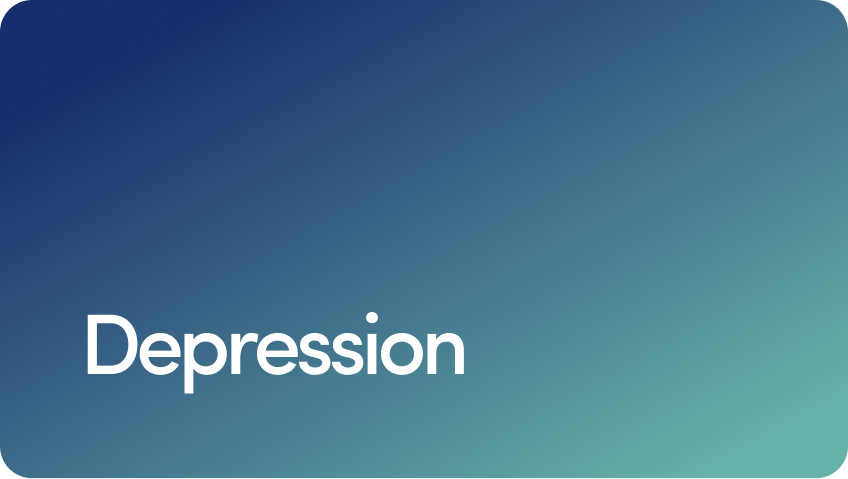 Depression
Depression
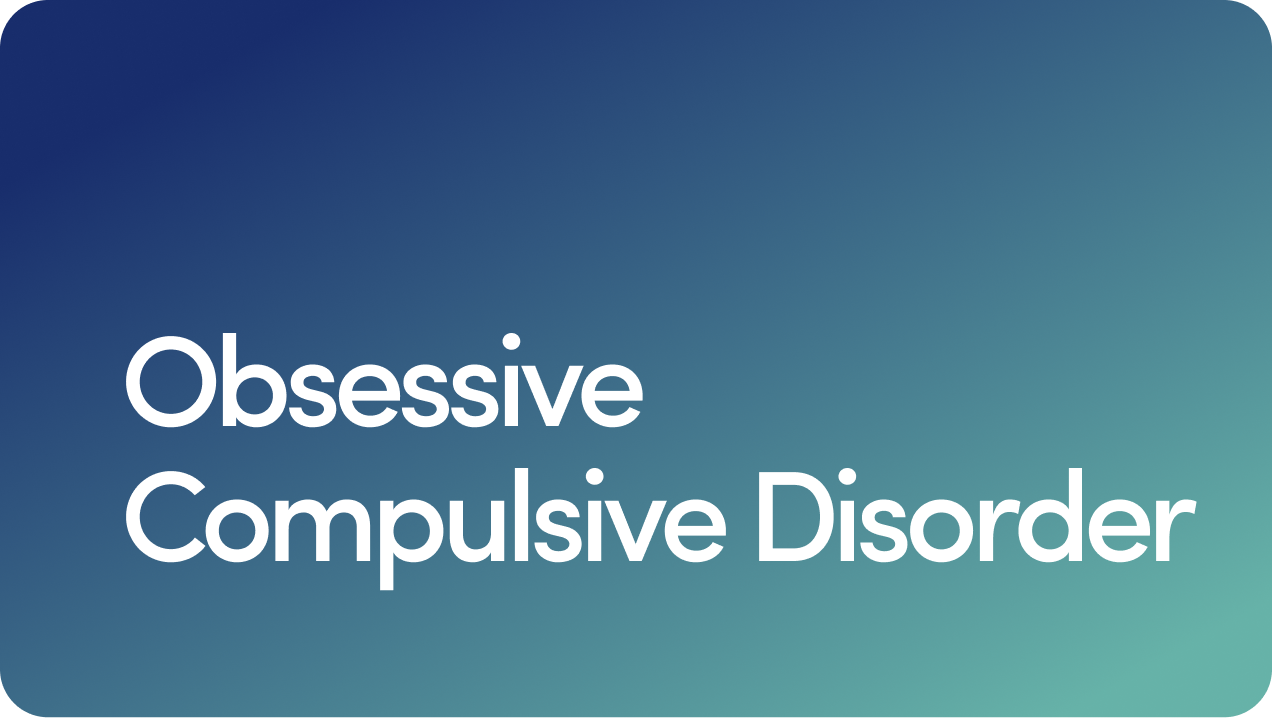 OCD
OCD
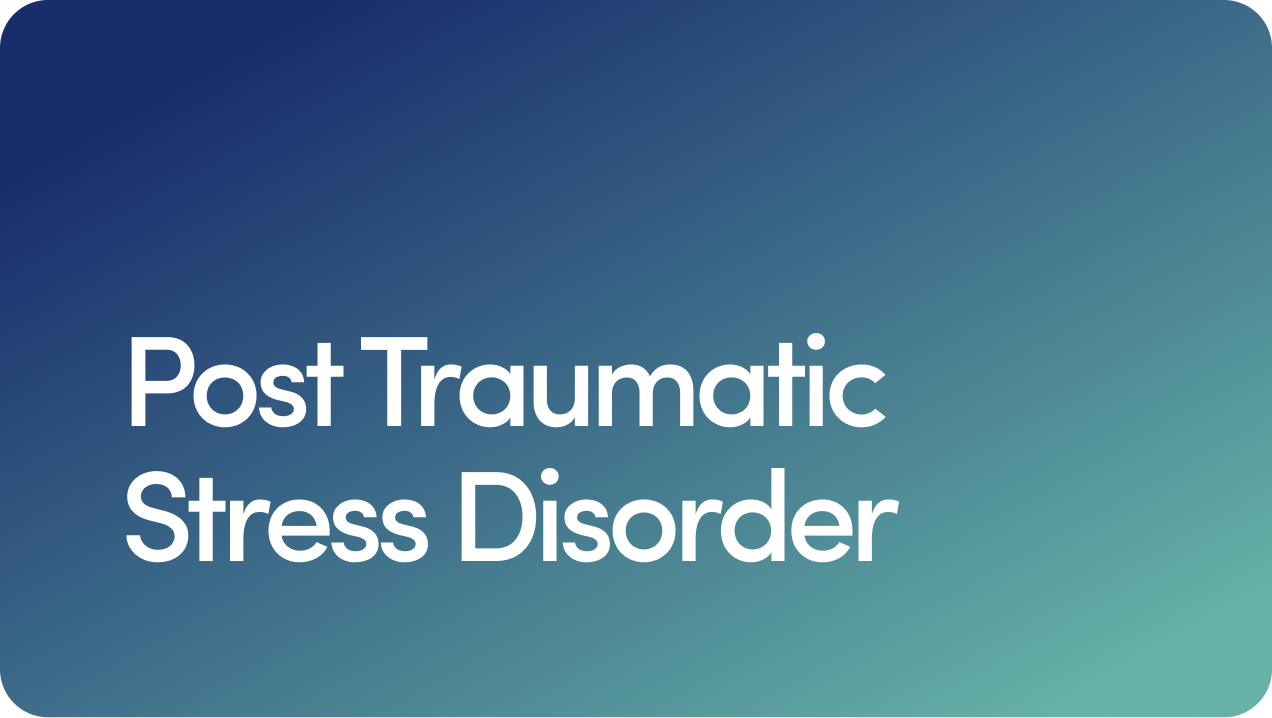 PTSD
PTSD
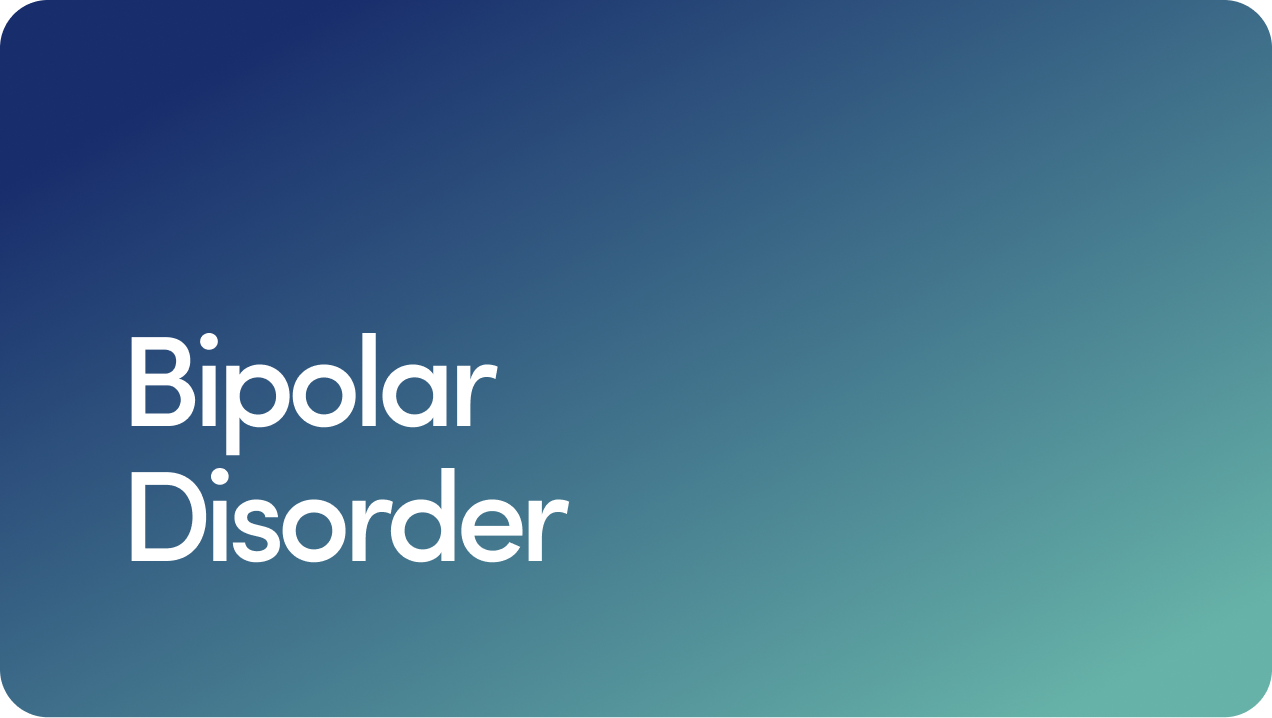 Bipolar Disorder
Bipolar Disorder
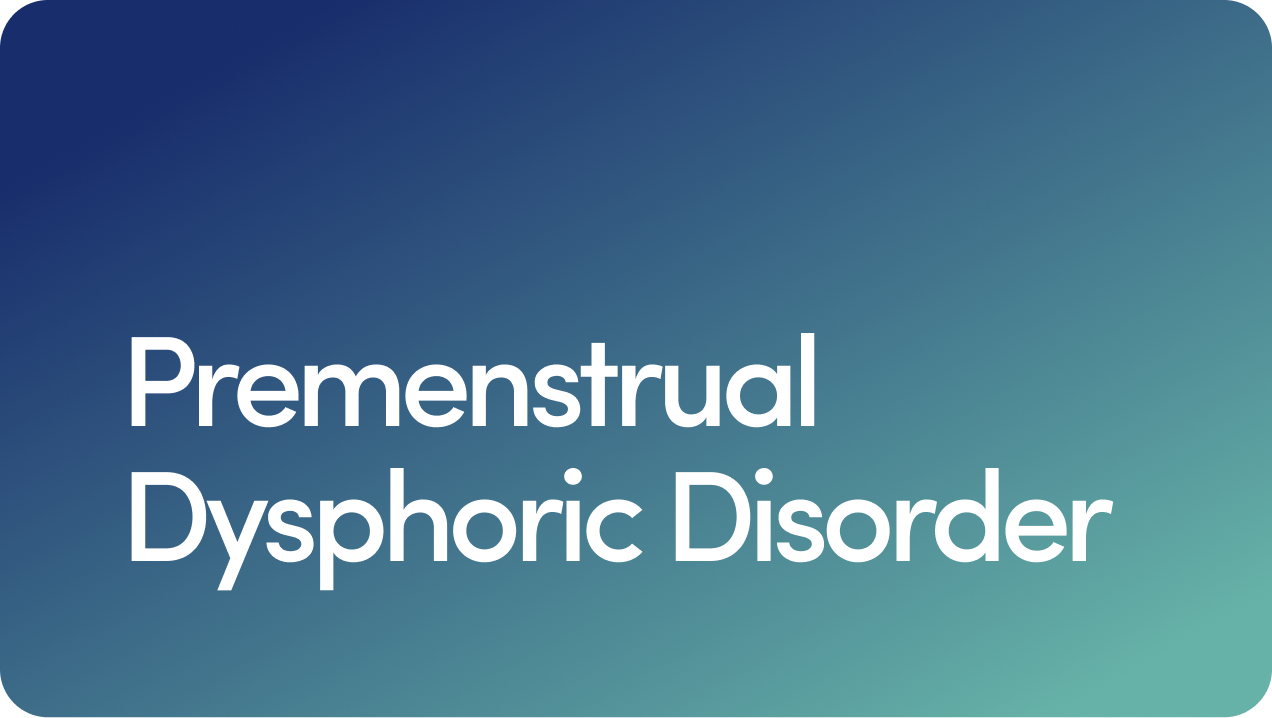 Premenstrual Dysphoric Disorder
Premenstrual Dysphoric Disorder